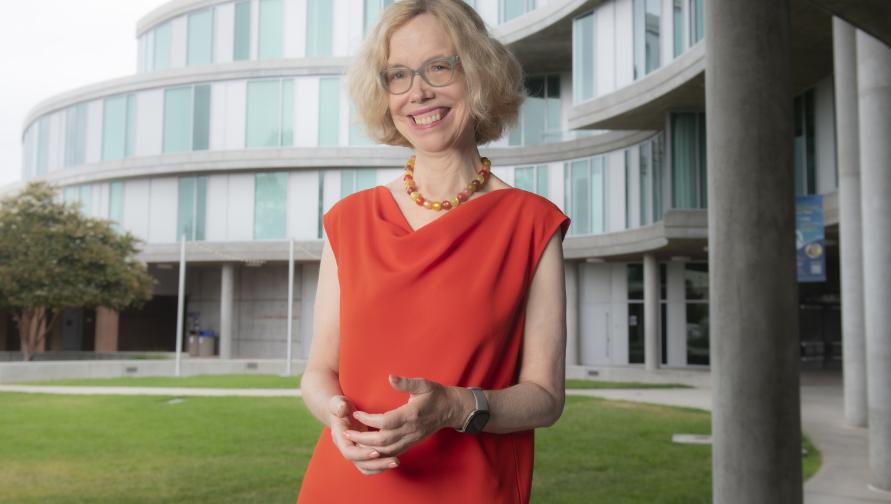
What is courage? When should I act? Whom should I trust? Why do I care? In ancient moral traditions around the world, virtues such as fortitude, judgement, trustworthiness, and compassion are life skills that strengthen individuals and communities. Drama offers a special platform for ethical inquiry, by approaching virtue as process and problem from the multiple angles afforded by different characters in challenging situations. For many centuries, the cultivation of virtue shaped the aims of the liberal arts in the schools and universities of Western Europe and the Muslim world. In the last two hundred years, the eclipse of virtue ethics by other approaches to moral philosophy has diminished the role of the virtues in literary education in the US and UK. In this series of interactive lectures, scholar, teacher, and dramaturg Julia Reinhard Lupton shows how Shakespeare’s virtues connect reason to passion, characters to context, and art to life. The lectures are illustrated by live readings from the plays by actress Ava Burton. These lectures were delivered in Fall 2024 with the Von Hügel Institute for Critical Catholic Inquiry of St Edmund's College, University of Cambridge.
Courage and Hope: A Surfer’s Guide to Twelfth Night
Shakespeare’s Twelfth Night begins with a shipwreck, a violent birth into the unknown that separates orphaned twins on a journey to nowhere. The turbulent sea visualizes an environment of passages–into adulthood, towards gender identity, and in search of refuge, belonging, and love. What skills, virtues, and capacities do the twins need to find their way along the shoreline of life? In this session, we will explore courage, one of the four cardinal virtues in classical ethics, and hope, one of the three theological virtues in Christian ethics. Together, hope and courage provide a roadmap for the twins’ journey back to each other and to an expanded understanding of their place in the world.
Love and Dignity: The Serious Stakes of Romeo and Juliet
“Two houses, both alike in dignity”: the first line of Romeo and Juliet offers an unexpected portal into Shakespeare’s most performed and adapted tragedy. “New-baptizing” each other in love, Romeo and Juliet transfigure dignity from inherited status to human worth. They do this not as philosophers but as ethical actors --- through the way they speak to each other, handle poetic language, and imagine their place in the cosmos. In this session, we will explore the aspirational drive of romantic love and the special capacity of lovers to recognize the dignity of creatures in an ethical tradition anchored by the imago dei.
Trust and Care: Playing with Death in King Lear
Edgar, the maligned and rejected son of the blinded Gloucester, leads his father to Dover Cliff where the despairing patriarch desires to die. Instead of honoring his father’s directive, however, Edgar takes him through a guided fantasy of death and resurrection. Has Edgar betrayed his father’s trust and denied the care his father requested, or are the two sojourners playing a trust game that is itself an act of care? In this final session, we will explore trust and care as the fragile foundations of human interaction, with special reference to the Stoic moral tradition.
Julia Reinhard Lupton is Distinguished Professor of English at the University of California, Irvine, where she co-directs the New Swan Shakespeare Center and serves as dramaturg for the New Swan Shakespeare Festival. She is the author or co-author of five books on Shakespeare and has edited volumes connecting Shakespeare to virtue, hospitality, and wisdom literature.
Ava Burton is a graduate of East 15 Acting School, London, and the University of Essex. An experienced actor and scholar of Shakespeare’s characters, Ava is associate producer with Laguna Beach Live, a California presenting company, and co-director and performer in Shakespeare’s Fool, a show of speeches and songs from the plays.
PHOTO: Twelfth Night, New Swan Shakespeare Festival, 2024, the University of California, Irvine. Photo by Paul Kennedy.
